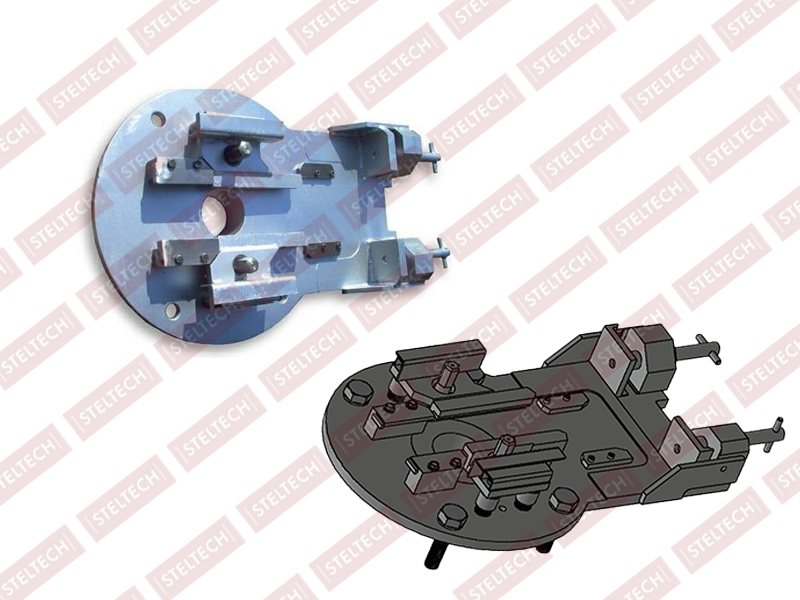In modern industrial processes, improving quality, ensuring safety, and reducing costs have become more critical than ever. FMEA (Failure Modes and Effects Analysis) is a powerful tool used to achieve these goals.
FMEA (Failure Modes and Effects Analysis) is a cornerstone of risk management, analyzing potential failure modes and their effects. However, like any powerful tool, it comes with both advantages and limitations.
In modern manufacturing, preventing errors, enhancing quality, and ensuring customer satisfaction are more critical than ever. FMEA (Failure Modes and Effects Analysis) is a method designed to analyze potential failures and their effects on systems, making it a key tool for optimizing risk management.
Material thickness and bending radius are critical factors in the manufacturing of durable and high-quality products. Incorrectly calculated bending radii can lead to cracking, deformation, or structural failure, compromising the integrity of the product
Tundish mechanisms are specialized equipment used in the metal casting industry to control and safely transfer molten metal into molds. These mechanisms ensure precision and reliability at every stage of the casting process, thereby enhancing the quality of the final product. Tundish mechanisms play a crucial role, especially in the casting of metals such as steel, aluminum, and copper.






